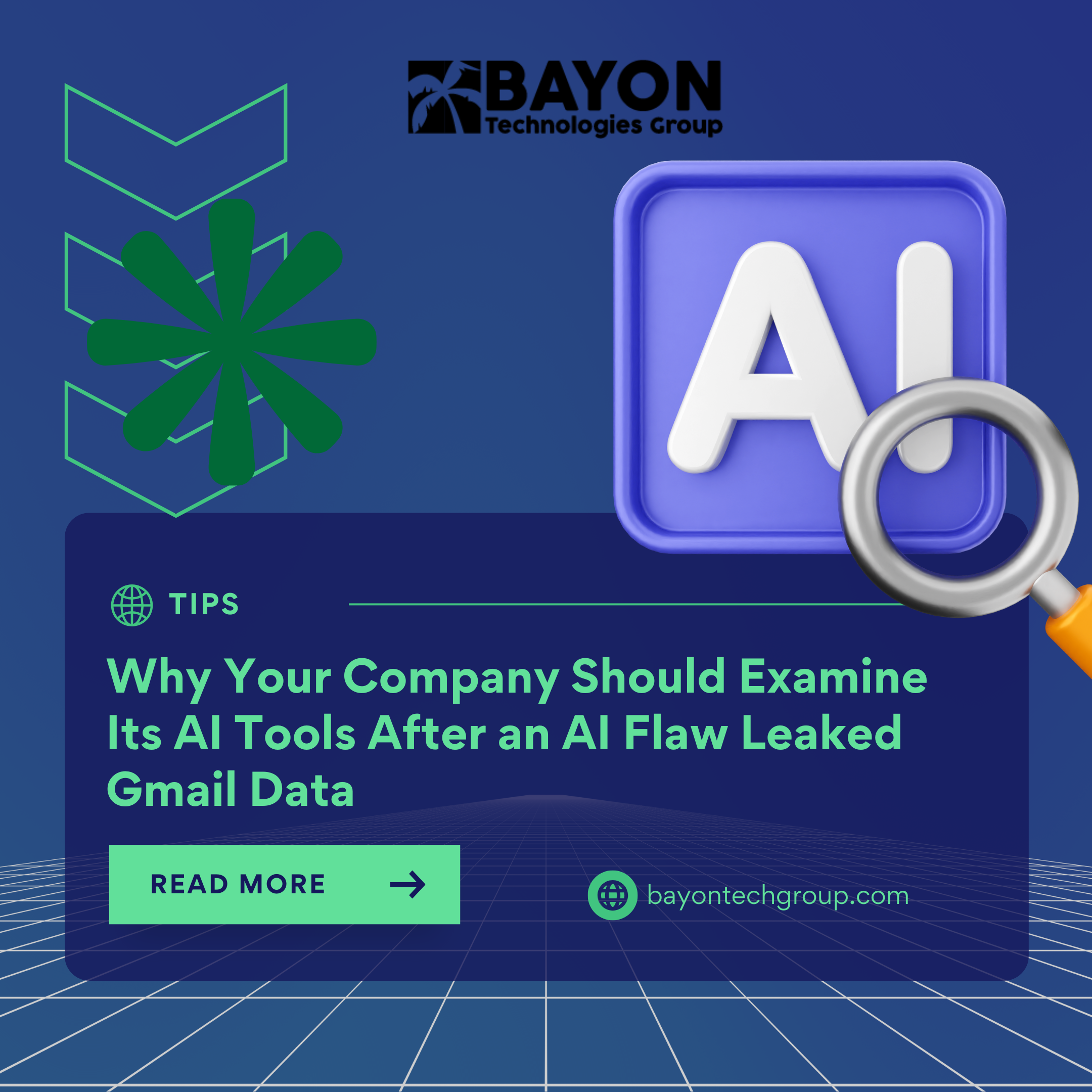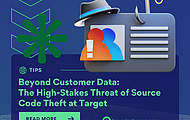Why Your Company Should Examine Its AI Tools After an AI Flaw Leaked Gmail Data

Although artificial intelligence has the potential to completely transform productivity, a worrying security weakness that was just found serves as a crucial reminder that new technology always comes with new hazards. Now fixed, a serious flaw in OpenAI's systems shows how AI technologies can unintentionally turn into a backdoor for data theft, exposing private Gmail messages and other sensitive data.
The underlying infrastructure utilized to process data was flawed, not the AI models themselves. Researchers studying security discovered that a configuration error in OpenAI's systems would make it possible for bad actors to access and steal user data sent through specific platforms. Researchers exploited this issue in a real-world demonstration to recover private Gmail emails that were sent to the AI for processing.
This event brings to light a terrible scenario: an employee may have unintentionally revealed all of their inbox contents by summarizing an email thread using an AI-powered browser extension. Not only could the AI see the data, but attackers taking advantage of a flaw in the system could also access it.
How Your Company Could Be Affected by This AI Data Leak
The ramifications go much beyond individual Gmail accounts. Think about the ways AI can be incorporated into your company's operations:
- Customer service: Emails and personal information of customers may be leaked by chatbots handling help tickets.
- Marketing: Customer feedback analysis tools may reveal confidential survey information.
- HR & Operations: Private employee data may be exposed if AI is used to review resumes or compile internal reports.
The data pipeline is at the heart of the issue. You are putting your trust in a third-party AI's security procedures when you send them information. That trust can be misplaced, as this example demonstrates.
Protecting Your Data in the Age of AI
This vulnerability emphasizes the necessity for a strategic and security-first approach, even while you shouldn't stop using AI tools. Here's how to lessen the dangers:
- Examine AI Integrations: Examine the data privacy policy of any AI technology before implementing it. In what location is your data kept? Does it train models for the general public? In what way is it encrypted?
- Establish Tight Usage Guidelines: Employees should receive training on the kinds of data that should never be entered into open AI tools. Proprietary business plans, sensitive financial data, and consumer PII (personally identifiable information) ought to be prohibited.
- Examine Private AI Solutions: On-premise or private cloud AI solutions that protect your data in a controlled environment are good options for handling extremely sensitive data.
- Keep Software Updated: Because patches for vulnerabilities like this are frequently released quickly, make sure that any browser extensions or AI-powered software you use are always up to date to the most recent version.
Secure Your AI Integration with Bayon Technologies Group
At Bayon Technologies Group, we recognize that security cannot be sacrificed for innovation. Having a partner to manage these intricate risks is crucial as AI becomes integrated into every aspect of business operations. We assist companies in responsibly utilizing AI's potential by:
- AI Security Audits: Examining your IT stack's AI tools for possible compliance problems and data leakage threats.
- Training for Employee Security: Teaching your staff how to use AI responsibly and safely to avoid unintentional data disclosure.
- Managed security services: offering ongoing observation to identify and address anomalous data flows that might point to a security breach.
Don't let a third-party tool become your biggest security vulnerability. Partner with Bayon Technologies Group to build a future-proof security strategy!
‹ Back







